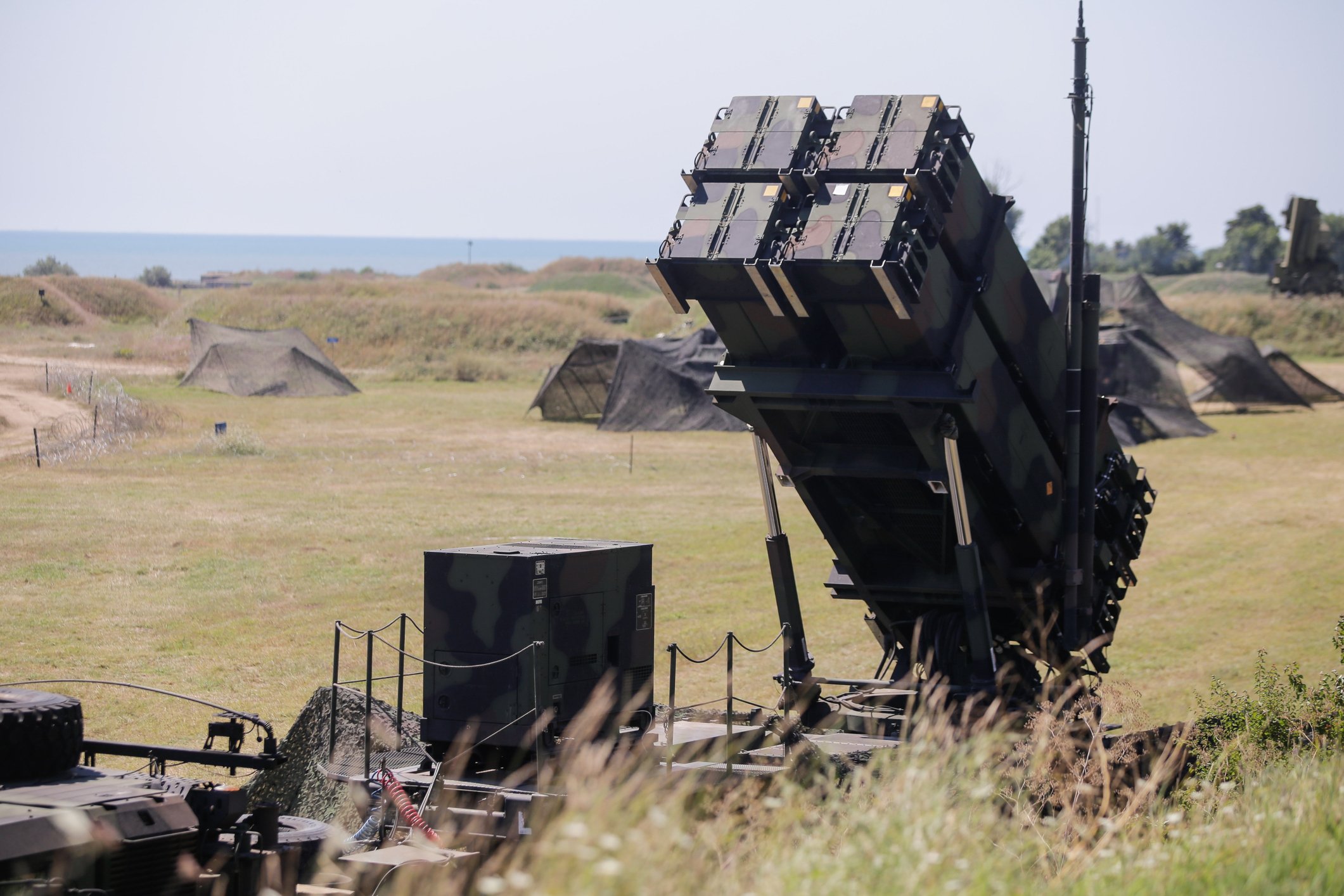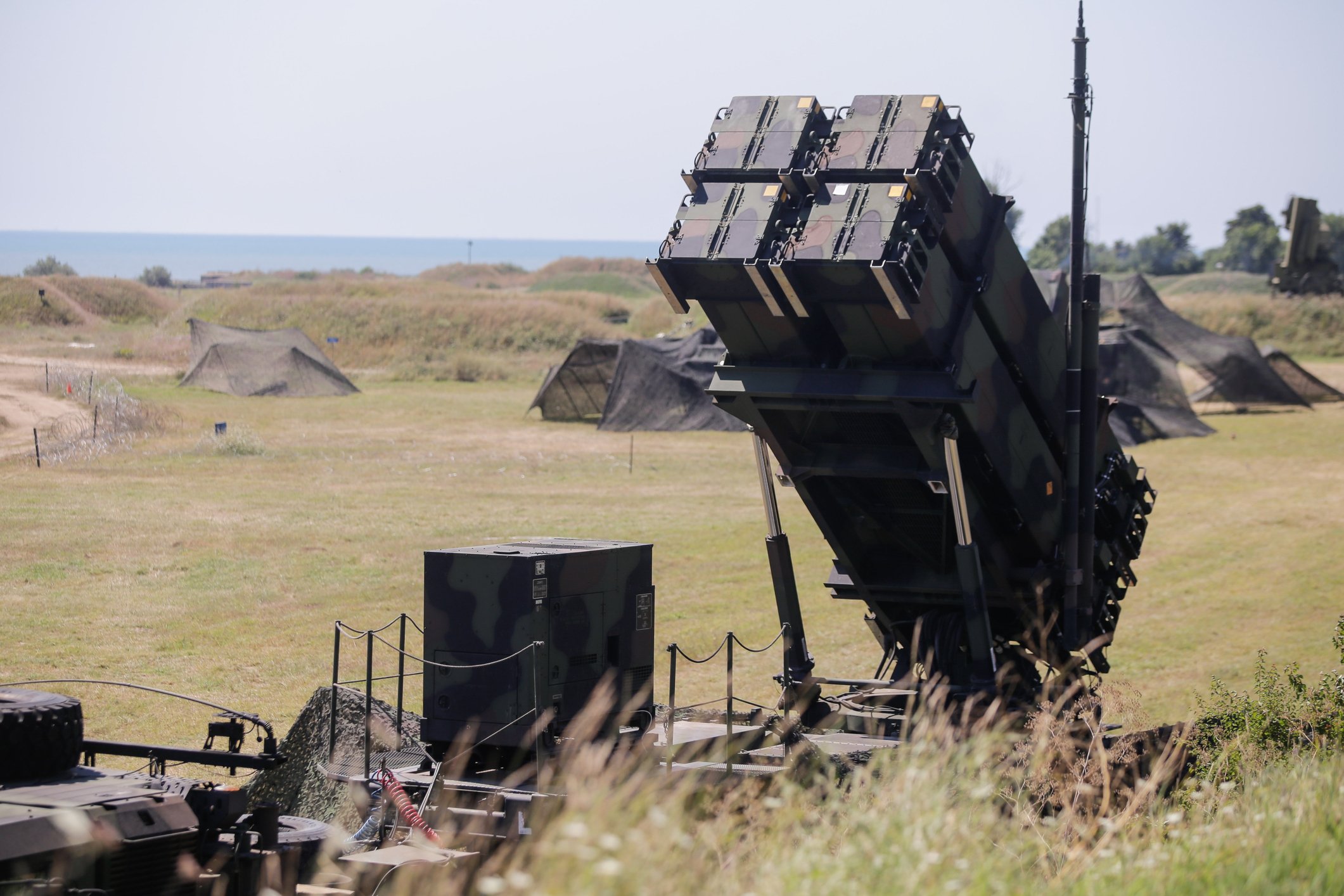SpaceX is amazing. Not only has Elon Musk's space start-up shaken up the industry by proving that rockets can launch from Earth, and then land back on Earth -- and even on a boat. Not only has it cut the price of such rocket launches enormously -- and forced its rivals at Boeing (BA +2.12%) and Lockheed Martin's (LMT +0.91%) United Launch Alliance (ULA) to do the same. And not only has SpaceX published a plan to finally land humans on Mars.
No, SpaceX is also amazing for the fact that it has introduced the concept of customer service to the rocket-launch industry -- and forced its rivals to play catch-up.
How much does it cost to launch a rocket? ULA has the answer. Image source: United Launch Alliance.
Surprise! SpaceX has a menu
Up until recently, SpaceX was unique among major space-launch providers by publishing its launch prices right up front on its website and committing to send "up to 5.5" metric tons of payload into geosynchronous transfer orbit (GTO) for the low, low cost of $62 million.
Shopping for a launch on SpaceX, a customer no longer needed to cold-call a launch company without having any idea what price it might need to pay. At SpaceX, the customer would know what to expect before even placing the call. That removed one small but important (and entirely unnecessary) obstacle to making space accessible to the masses.
What's more, this tiny improvement to the provision of space services is already snowballing. Believe it or not, it's resulted in an improvement in service at ULA, as well.
United Launch Alliance enters the internet age
Thanks, in part, to competition from SpaceX, United Launch Alliance can no longer depend on government largesse to provide all the revenue it needs. Under the administration of new(ish) CEO Tory Bruno, ULA has embarked on a search for more commercial customers. And with its entry into the commercial marketplace, ULA has already learned one valuable lesson: Customer service matters.
To prove it, ULA has taken a page from SpaceX's playbook, announcing last month a new "RocketBuilder" website that "sets a new standard for pricing transparency." RocketBuilder.com lets a customer input variables for launch date, orbit, rocket configuration, and additional services. This allows the customer "to build a rocket based on [its] needs," and emerge at the end with an all-inclusive launch cost.
Additionally, ULA says its website will provide context for customers, such as savings on insurance costs and the value of "schedule certainty" -- the economic value of knowing that a launch won't be delayed, costing the customer millions in lost revenue. (This might happen when a SpaceX rocket blows up on its pad and shuts down operations for the next four months. Speaking hypothetically, of course).
Service with a smile -- and a dollar sign
How does RocketBuilder work? If you've ever "built a car" on Ford.com or GM.com, well, it works a whole lot like that. Start with a basic GTO mission, launching, say, a one-ton satellite aboard an Atlas V rocket sometime in the next three months. That will run you $109 million.
Click a button to transition into geostationary equatorial orbit (GEO), and your price total automatically rises by $6 million. Want a polar orbit instead? Add $2 million more.
Need to launch a bigger payload? No problem. You can triple the size of your satellite without incurring any additional cost. You can even launch 10 tons ... for another $6 million.
And then there's the "added value." According to ULA, launching with ULA -- instead of with a company that cannot boast "115 missions. 100% success" on its launches -- saves a customer about $12 million off the cost of insuring a $300 million satellite. Insurers charge $34 million less for a $1 billion satellite launched via ULA than for one launched with "the other guys."
ULA will also be happy to explain to you how much money you can save by knowing your satellite will launch when it's supposed to, reach the orbit it's supposed to, and so on. Granted, this facet of the RocketBuilder website seems more like advertising copy than anything else. Still, it gives ULA a chance to argue that its $109 million rock-bottom launch cost only really costs $44 million once you figure in all of the "extras" that ULA offers for free.
What it means to investors
Believe it or not, with this new website, ULA has finally outdone SpaceX in the transparency department. Neither SpaceX nor Airbus' (EADSY 1.32%) Arianespace -- (Airbus is really ULA's main rival in the commercial market) -- offers anything like what ULA has put together with RocketBuilder.
Granted, it shouldn't take SpaceX and Airbus too much work to throw something together if they want to match ULA's "new standard for pricing transparency." But for now, ULA has officially become the leader in customer friendliness. It's a big change for the company, but a welcome one.
And if it helps ULA attract more commercial business, generating more revenue and profit for shareholders in its parent companies Boeing and Lockheed Martin -- all the better!









